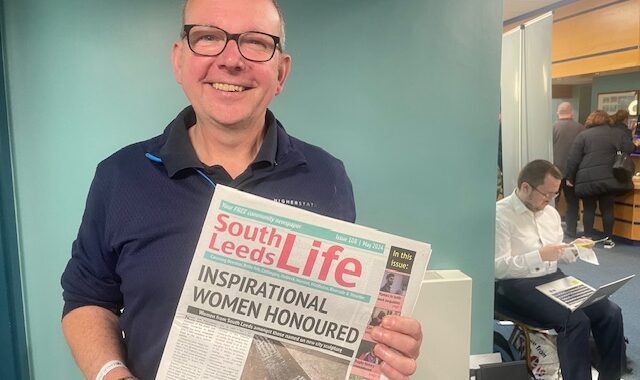Firstly let me slay a commonly held myth about communications officers in that they want to control everything and not allow the media, social media and the public scrutinise organisations they work for.
In my experience that is simply not the case, in fact it is the exact opposite; we want to encourage more conversations and scrutiny of organisations, we work for. And in my case these are local (parish and town) councils. There are 9,000 of these councils in England. They are the backbone of local neighbourhood democracy and often they are the unsung heroes of their communities. So I want their voices to be heard and for them to be visible leaders in their area.
Yes I admit that not all councils are up for this open and transparent agenda but it is my job along with others to change all of this.
You only have to look at the National Association of Local Council’s website to see the work going on in the first tier of local government.
But what happens when there is ‘radio silence’ from media reporting on these local unsung heroes?
Everyone knows that we are in the middle of biggest upheaval in the local news industry ever, with local and regional newspapers publishing to increasing diminishing audiences and closing down on a regular basis. The Press Gazette reported that 242 local newspapers were closed between 2007 and 2011.
So there are problems emerging in the UK on reporting on local community affairs. When I started working in communications over 25 years ago (that seems like a long time!) there would be reporters based in towns, neighbourhoods, villages or communities reporting on what is happening there. This would include what is happening at the local parish and town council. But increasingly local media is getting more and more regionally based, so these communities and parishes are fighting in a ‘big pool’ to get their voices heard. This has had brutal impact on community news.
Good quality local journalism, which investigates and reports on politics, business, planning, crime and social issues is a long-established, critical function of a healthy and thriving local democracy. And I think that should never be lost.
Meanwhile, reports on local events, stories, achievements and personalities are vital to citizen’s sense of their community and place. If these services are lost then the detriment is severe.
It used to be said that freedom of the press is limited to those who own it.
Today anyone with an internet connection and a social media account can make the news. If you choose, the power could be with you.
For anyone interested in reporting the world – finding stories, telling stories, sharing stories – it’s all become more possible.
Now there are over 400 active hyperlocal news sites across the UK (although more may exist, as Local Weblist‘s tally demonstrates). They hold decision makers to account and provide a forum for information, connection and discussion.
While we maybe on the verge of a brave new local media world with all the technological breakthroughs and tools now available, it is difficult to replace the work of a local community journalist who is able to dig in and find a local story.
And this is possibly where the present mainstream media policy breaks down, in that if you cannot get a reporter to a local parish council meeting or a community event then they are not telling stories about what really matters to local areas. We need the media to match the passions and commitments of community groups and parish councils in their patch.
Maybe the new wave of digital community journalists can fill this gap.
About the author: Alan Jones is Head of Communications at the National Association of Local Councils.
Image accompanying this article is copyright Coventry City Council.





